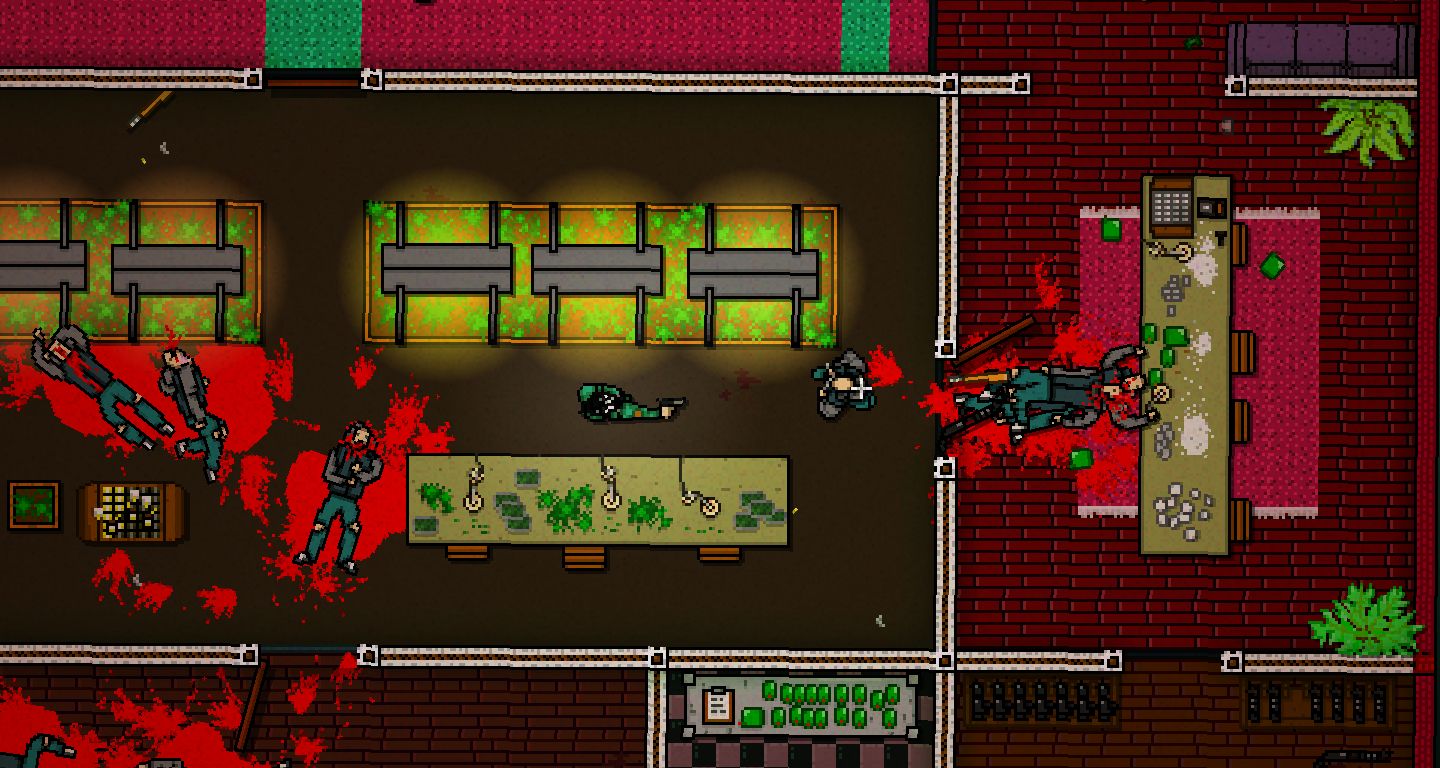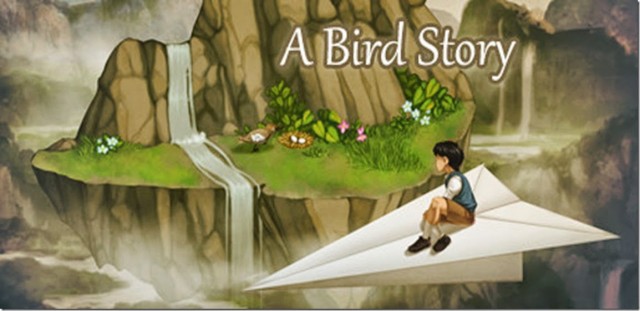This week, I was re-reading Donna Haraway’s “Situated Knowledges: The Science Question in Feminism and the Privilege of Partial Perception,” and I had one of those revelatory moments that come only when you’ve read something a million times already, when you have absorbed and understood it and are free to think about it in weird new ways. Maybe this isn’t weird, or new, but for me it was a bit of a step away from the usual ways I’ve considered Haraway (which, to be fair, is usually just with fawning awe). Right up front in this chapter, Haraway says (of feminist scholars), “[we] are not allowed to not have a body, a finite point of view, a so an inevitably disqualifying and polluting bias in any discussion of consequence outside our own little circles….”
Of course, I’ve considered this before; we all have, as embodiment is a common topic here. But it was a lightning-strike moment in that I had the realization that this is what we’re always still arguing. Last weekend, I worked at a local event with workshops, speakers, and an expo meant to help locals connect with area activist organizations. It was a great event, but one of my duties was setting up the book table, and I found myself holding a copy of Susan Faludi’s Backlash: The Undeclared War Against American Women. This book was one of the first serious works of nonfiction I read as a teenager, and while I didn’t really have what one might call a feminist awakening for several more years, I still, at fifteen or sixteen, understood the beginnings of what I was learning through that book, and I was enraged. Standing there, holding that book this weekend, I was enraged all over again. And re-reading the Haraway, the rage came again, uncontrollable, because these are the discussions we are still having; I had one, in fact, just hours before writing this. We are still defending our positions, still pointing out that we cannot separate the political, the embodied, the gendered, the situated.
I can’t imagine what others might feel right now, in the wake of everything that’s happened in the last week and a half (!), but I digress.
I found the Haraway so simultaneously inspiring and enraging on this re-read because I realized this is how feminist scholars are too often positioned when mainstream game audiences and scholarship and criticism overlap. Feminist inquiry is considered invasive, poorly positioned, not invested, too limited — different words, but the same meaning as Haraway’s. We are biased in a world of the objective. But nothing about games is objective. This is why, too, I have trouble with calls for democratization of anything to do with games, because there’s no sameness across concepts, across elements, across nodes in the wider network of games. Such a position makes it easy to accept the status quo as naturally occurring; it allows us to accept what is as what should be, because otherwise, wouldn’t things change? We hear the same things over and over: Women are simply less competitive than men. Trash talk happens. Men will see women as sexual objects, and vice versa. Eventually girls stop playing games. It’s okay that so many protagonists are male, because audiences are male/because that fits the story/because men are more physically powerful. But this standard reasoning employed by mainstream game audiences, mostly male, is based on an industry and a gamer culture that has been constructed.
Our world of games, all of it, the entire ecology, is artificial. And we need new ways of looking at it. We need to constantly consider and reconsider, as the world changes, as players change, as audiences change, as hardware changes. Perhaps this is why I find Katherine Isbister’s How Games Move Us so enthralling: with it, we move away from one idea of games and instead to multiple ideas, multiple positions, multiple angles of consideration. Though she calls for thinking about different games with different purposes and features, it isn’t just as simple as breaking games down into action or indie or serious, but considering new angles, new aspects.
Bianca writes about this better than I do; today it feels as though the world is on fire and everything is tumultuous, but it’s for that reason I want to say, again and again, that we can’t separate these things. Anyone who calls for cool, separate observation of video games (or anything else) is ignoring an essentially embodied connection to the issues, one that becomes doubly important in games because we are meant to embody characters within games. For women, this becomes then an enormous issue; if we are never separate from our bodies anyway, how can we possibly consider games through any other lens? We can’t. To demand that we do so is to remove us from the equation entirely. Which may be the end goal of some who criticise feminist scholarship, perhaps — thus the renaming and repositioning of us as “social justice warriors” and “casual gamers” and “fake gamers.” But we are simply scholars enacting and interacting as we must, as we have been positioned.
In the afterward of Narratology, Mieke Bal asks what insight we’ve gained from “delimitation, classification, typology.” In games studies, we have categorized games for decades, separating experiences, considering pieces of systems and both individual actions and diffused responsibility, but all while still just talking about “games” as some monolithic force, as though all aspects of “games” are the same, are equal. As games begin to undergo new shifts, as the industry expands, as virtual reality becomes a force, as new potentials arise in games, we need to bring cultural studies practices more into focus, as Bal says, “a conception of narratology that implicates text and reading, subject and object, production and analysis, in the act of understanding.” This is not a method for critique or deconstruction, to strip pieces from the broader ecology of games and games studies for close reading or system analysis, but rather to examine how we are already taking everything in games apart, and how we are in turn building and being rebuilt, simply by engaging with the practices around creating, studying, and playing games.




